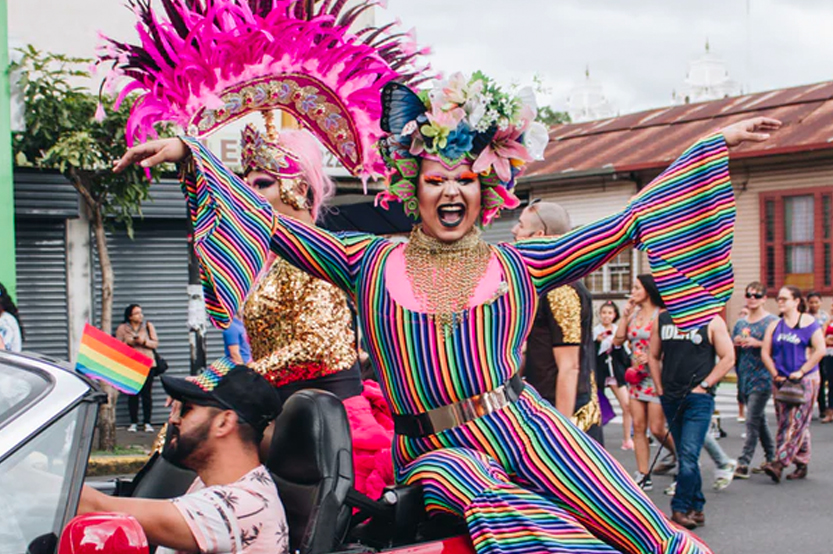Rainbow celebration in Costa Rica.
The Inter-American Court of Human Rights (IACHR) issued a landmark ruling to recognize marriage equality and transgender rights in Costa Rica. The decision came after the Costa Rican government asked for an advisory opinion on whether it has an obligation to extend property rights to same-sex couples.
In the ruling issued by seven judges, it was stated that the government “must recognize and guarantee all the rights that are derived from a family bond between people of the same sex.”
Six of the seven judges also ruled that it is necessary for governments “to guarantee access to all existing forms of domestic legal systems, including the right to marriage, in order to ensure the protection of all the rights of families formed by same-sex couples without discrimination.”
The Costa Rican government similarly asked for advisory opinion from the courts on the issue of allowing transgender people to change their name and gender marker on identity documents.
On this, the ruling says that the Costa Rican government must allow transgender people to legally change their name and gender marker on official documents.
In the region, Mexico City, Colombia, Argentina and Uruguay are among the jurisdictions where transgender people can legally change their name and gender without undergoing surgery. For its part, Cuba has been providing since 2008 for free gender affirmation surgeries through its national health care system.
IACHR’s ruling is legally binding in Costa Rica and 19 other countries throughout the Western Hemisphere that currently recognize the convention. IACHR oversees Argentina, Barbados, Bolivia, Brazil, Chile, Colombia, Costa Rica, Ecuador, El Salvador and Guatemala. It also rules over Haiti, Honduras, Mexico, Nicaragua, Panama, Paraguay, Peru, Dominican Republic, Suriname and Uruguay.































































